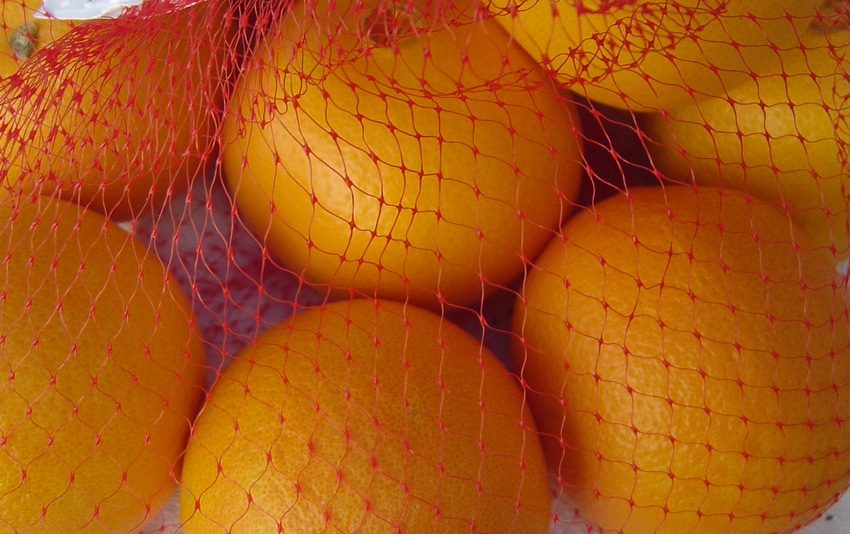February 21, 2020

The break the citrus industry needed is likely to come soon as China announced this week the tariff exemption process that will be effective March 2.
China is removing 35 percent tariffs on oranges that had been imposed in retaliation to tariffs the U.S. levied in 2018 under Section 301 of the Trade Act of 1974, according to California Citrus Mutual. The remaining tariff will be 26 percent, plus a 9 percent value-added tax.
The high tariffs going into China had been a significant impediment for exports, as well as further creating an oversupply situation on the domestic market. Up until a recent 5 percent reduction, citrus was facing additional tariffs of 50 percent going into China.
With a major portion of the retaliatory tariffs removed for citrus and the Phase One commitment to purchase additional agricultural products, the remainder of the citrus season should see significant improvement.
The major impediment to moving citrus to China will shift from the trade dispute to the coronavirus outbreak in China.
Meetings with officials
The announcement comes after California Citrus Mutual President Casey Creamer held meetings last week with top trade officials within the United States Trade Representative (USTR) and the US Department of Agriculture (USDA).
The messages were simple and clear. He congratulated President Donald Trump's administration on the completion of the Phase One Trade deal with China, but also strongly communicated that the citrus market is continuing to suffer due to high retaliatory tariffs.
Creamer highlighted that navel sales volumes were down 36% in 2019 compared to the prior three-year average. Continuing that 2020 is starting much lower than in 2019. Creamer also indicated that we see pricing impacts outside of China and that grower returns are well below the cost of production.
Administration officials replied that they fully intend to ensure that China keeps its commitment to purchase additional agricultural commodities, according to CCM officials. In addition, to date, they have received no request from China to reduce the buys based upon the coronavirus outbreak.
Creamer emphasized the need for citrus to be prioritized when the Phase One deal became effective on Feb. 14 with the peak export season beginning around March 1 and that additional citrus purchases would be beneficial for Chinese consumers dealing with the coronavirus.
Source: California Citrus Mutual, which is solely responsible for the information provided and is wholly owned by the source. Informa Business Media and all its subsidiaries are not responsible for any of the content contained in this information asset.
You May Also Like




